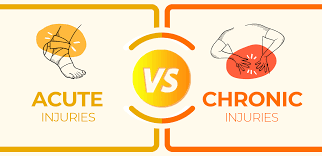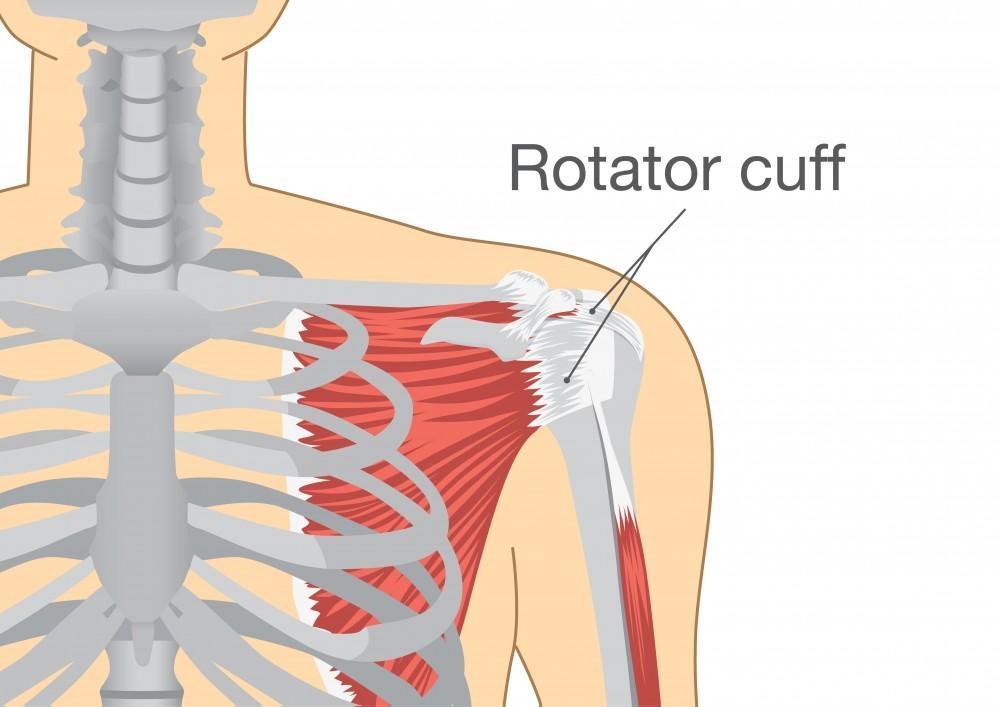In the world of athletics and physical fitness, injuries are an unfortunate but common occurrence. From sudden sprains to long-standing joint issues, knowing how to treat different types of injuries is essential for proper recovery. Two primary categories that healthcare providers focus on are acute and chronic sports injuries. Understanding the difference between them and the role of physiotherapy for sports injuries can make all the difference in recovery outcomes.
At Bridgwater Physiotherapy, a leading physiotherapy clinic in Winnipeg, the approach to treating sports injuries is both comprehensive and personalized. Whether the injury happened yesterday or has been lingering for months, proper physiotherapy treatment is key.
Understanding Acute Sports Injuries
Acute sports injuries occur suddenly, often during activity. Examples include sprains, strains, fractures, and dislocations. These injuries are typically the result of a single traumatic event—like falling awkwardly, colliding with another player, or overstretching a muscle.
In the early stages, physiotherapy for sports injuries focuses on reducing inflammation, pain management, and protecting the injured area to avoid further damage. At this point, patients may undergo rest protocols, ice therapy, compression, and elevation (RICE). Once the inflammation subsides, physiotherapists gradually introduce range-of-motion exercises, light strengthening, and functional mobility work.
Early intervention from a reliable physiotherapy clinic in Winnipeg can speed up recovery, prevent complications, and restore full function sooner than rest alone.
Understanding Chronic Sports Injuries
Chronic sports injuries develop over time and are usually caused by repetitive stress, improper technique, or insufficient healing of a previous injury. Common examples include tendinitis, shin splints, stress fractures, and rotator cuff tendinopathy.
These injuries can be frustrating, as the pain tends to linger or worsen with continued activity. At Bridgwater Physiotherapy, chronic injury management includes detailed assessments to identify biomechanical issues, muscle imbalances, or poor movement patterns that contribute to the problem.
The goal of physiotherapy treatment in Winnipeg for chronic injuries is not just pain relief but also long-term correction. Treatment may include manual therapy, targeted strengthening, postural education, and gait retraining. Education plays a crucial role—patients are taught how to modify their activities and avoid aggravating movements.
Physiotherapy Approaches for Acute vs. Chronic Injuries
1. Initial Assessment & Diagnosis
Physiotherapists begin with a thorough evaluation to determine whether an injury is acute or chronic. This distinction is vital, as it shapes the entire rehabilitation plan. Physiotherapy for sports injuries always prioritizes individual needs and the specific demands of the athlete’s sport or activity.
2. Pain Management Techniques
For acute injuries, the emphasis is on immediate pain control and inflammation reduction. In contrast, chronic injury treatment includes both short-term relief and addressing the root causes. Bridgwater Physiotherapy uses evidence-based methods such as manual therapy, therapeutic ultrasound, and dry needling for effective pain management.
3. Rehabilitation & Strengthening
Once pain is under control, rehabilitation begins. Acute injury programs typically start with gentle mobility exercises and progressively increase in intensity. For chronic injuries, rehab may involve reconditioning the injured tissue, correcting muscular imbalances, and gradually returning to sport.
This process is where sports therapy in Winnipeg becomes a game changer—physiotherapists at Bridgwater not only rehabilitate the injury but also prepare the athlete’s body to perform better and more safely than before.
Preventing Re-Injury
Preventing re-injury is a top priority for athletes and active individuals. That’s why Bridgwater Physiotherapy integrates education, movement correction, and sport-specific training into each plan. Whether treating an acute ankle sprain or a chronic shoulder impingement, proper guidance and monitoring can help patients safely return to their activities.
By visiting a trusted physiotherapy clinic in Winnipeg, patients get more than just treatment—they receive a long-term strategy to maintain performance and stay injury-free.
The Importance of Professional Guidance
Trying to push through pain or self-treat a lingering injury can often make things worse. Professional assessment ensures the injury is correctly diagnosed and treated with the right tools and timeline. Physiotherapy for sports injuries provides this structured approach, reducing downtime and improving outcomes.
At Bridgwater Physiotherapy, every treatment plan is crafted with precision, drawing on the latest research and a deep understanding of sports medicine. Whether you're a weekend jogger or a professional athlete, the right physiotherapy care can help you recover better and perform stronger.
Final Thoughts
Acute and chronic sports injuries require different approaches, but both benefit immensely from professional physiotherapy. From early intervention for acute trauma to in-depth correction of chronic strain injuries, physiotherapists play a key role in pain relief and functional recovery.
If you’re dealing with a sports-related injury and searching for expert physiotherapy for sports injuries, look no further than Bridgwater Physiotherapy. As a trusted provider of sports therapy in Winnipeg, they offer comprehensive solutions tailored to your condition and goals. With their support, you’ll not only heal properly but also learn how to prevent future setbacks.
For evidence-based physiotherapy treatment in Winnipeg, book your consultation with Bridgwater Physiotherapy today—where recovery meets results.




















